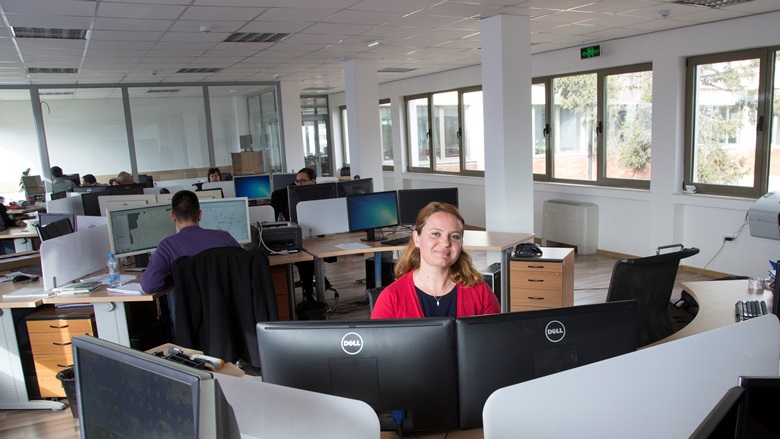Ilaz Duli, a board member at the Public Procurement Regulatory Commission, says the aim of the new electronic procurement project is designed to help stem corruption during tendering procedures.
“There will be more transparency – saving money from the budget. There will be more offers, fewer expenses, and less time needed to finalize the procurement procedures,” said Duli.
“In a way, there is also less corruption because there is no physical contact between the bidders and the contracting authority.”
The World Bank is also helping the authorities in Kosovo produce a public procurement performance manual. This manual will feature a unique methodology for data collection, analysis, and processing – creating a unified methodology for central procurement institutions, as well as all contracting authorities in Kosovo.
Experts hired as part of this project have worked in different areas, including the Ministry of Culture and Sports, were a project a project that monitors the procurement system in Kosovo - checking procurement papers over the last year and preparing a questionnaire for the procurement manager at this ministry – was implemented.
“The aim of the project is to identify weak points within the system and then give recommendations to the government and other Kosovo institutions so that measures can be introduced to improve the situation. This has an impact on how taxpayer money is spent,” says Sami Uka, a Public Procurement Regulatory Commission consultant hired through a grant from the Institutional Development Fund.
Lage Olofsson is the head of Kosovo’s General Audit, where the World Bank has helped train staff.
“Whatever approach you take during an audit, of course, there is always an element where you have to go down, ‘dig under the ground’ shall we say, to get some dirt under your nails and get evidence of how it looks in reality,” Oloffson said.
Another World Band-financed project is helping to improve the procurement situation in Kosovo by developing a database of goods, works, and services.
Safet Hoxha, President of the Public Procurement Regulatory Commission, says this database will be published quarterly, allowing institutions and private companies to evaluate or bid on projects that are financed by the state budget.
“The evaluation committee will have access to the database, where they can see quotes for prices. This project will eliminate the possibility of price distortion - where some goods are overpriced or underpriced,” Hoxha said.
Last October the World Bank brought together judges, prosecutors and other legal experts for a two day workshop to talk about best practices for public procurement and discussed ways to stop violations from occurring during the public procurement process, as well as how to develop better methods for detecting these violations.
Staff at the Anti-Corruption Agency is also being trained in public procurement by experts hired during the project. The head of the agency, Hasan Preteni, says that they have managed to stop 27 tenders that had irregularities or where elements of corruption were detected. According to Preteni, this agency has saved €30 million in taxpayer money.
“The area where most corruption occurs is procurement,” Preteni said.
Jan-Peter Olters, World Bank Country Manager for Kosovo, says that, given the fiscal situation and the myriad demands on the budget, it is essential that reforms are directed at increasing the value of every Euro spent from the budget.
“Procurement has widely been seen as one of the weakest links in this regard. The modernization and centralization of procurement, increased transparency, and harmonization with EU procurement practices is making procurement more cost-effective - increasing confidence among businesses and benefiting Kosovo citizens overall,” Olters said.

